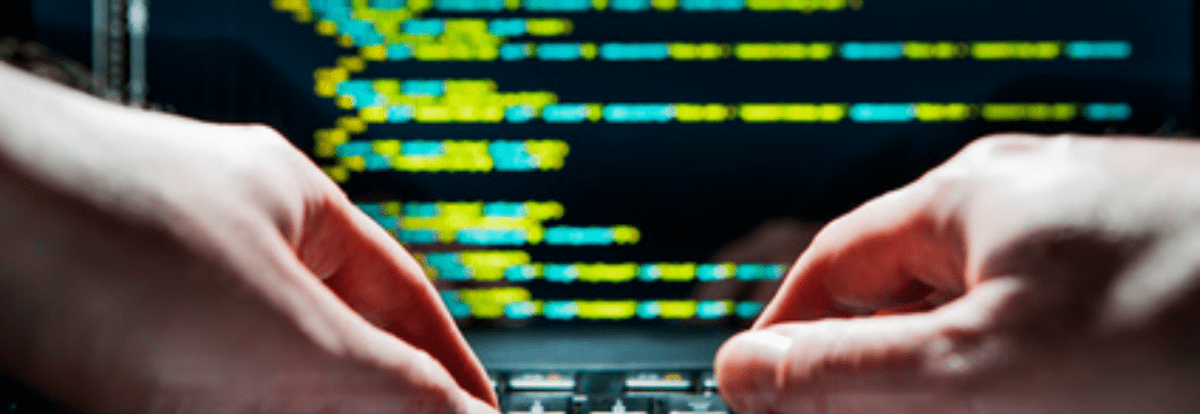
Welcome To The Data Leak Lawyers Blog
We focus on the latest news surrounding data breaches, leaks and hacks plus daily internet security articles.

We focus on the latest news surrounding data breaches, leaks and hacks plus daily internet security articles.

If you’ve been the victim of an Amazon data leak, we may be able to help you claim data leak compensation on a No Win, No Fee basis.
The most recent Amazon data leak took place last month, and there wasn’t a great deal of detail released about it. All that was said to victims was that some data had been exposed, and that victims don’t need to take any action. Although this may suggest that the leak was contained, people should always be vigilant. Companies should always ensure to warn people that they may need to take action.
One key element we do understand is that the most recent Amazon data leak reportedly stemmed from an API issue. This is important to know.

If you’ve yet to sign-up to claim Marriott data breach compensation, you can contact our team for help and advice today.
Some 500m people have been affected by the monumental Marriott data breach that was revealed at the end of 2018. Private and sensitive data has been exposed on a database Marriott’s Starwood reservation customers. The data appears to have been exposed since 2014.
Data compromised in the breach includes personal information, contact information and payment card data. This was yet another serious incident, and any victim who is eligible to claim compensation for the Marriott data breach can sign-up with us today.

The NASA data breach is a worrying one. An agency as prolific as NASA has been hit by a cyberattack. It makes us wonder – as we often do – is anyone really safe?
Our Data Leak Lawyers are involved in over 20 different data breach actions. These range from the Equifax data breach of 2017, to the British Airways data breach of this year. These are huge hacks that affected large organisations. Each time a new one comes along, we’re a mix of surprised and unsurprised that it has happened. On the one hand, these breaches are happening all the time, but on the other, the big-name breaches are worrying.
Surely there should never be such a thing as a NASA data breach. Yet it has happened…

As Gatwick Airport has been brought to a standstill over drones accessing the airfield, now is the time we need to talk about drone hacking.
We’ve highlighted this before, but given the news this week, it’s time to bring it up again. If cars can be hacked, so can drones. If smart tech in the home can be hacked, so can drones. If these things can be used to harm people – physically or financially – so can drones. They’re remote-controlled which means a huge door is there to be opened. There also incredibly easy to buy, and hackers have already demonstrated how easy it is to take control of another drone by hacking.
If there’s technology good enough to bring one of the UK’s biggest airports to a standstill, drone hacking is a serious concern.

iPhone app data breaches, leaks and hacks are on the rise as much as then use of apps continues to rise in everyday society.
Many people just assume that data on apps and phones is secure. Recent investigations and data breach incidents have told us a totally different story about the security of apps on phones.
People have a lot of reasons to worry. There have been a number of apps that have been comprised through poor security. Potentially millions of people are putting their private and sensitive data at risk every day.

There’s been another Facebook data leak, and yet again, millions of users are said to have been affected.
The fines that Facebook could now face in accordance with GDPR are mounting. This is one of many data leaks that have been revealed recently. The previous one, affecting some 29m users, was only discovered a couple of months ago.
In this latest Facebook data leak, a software bug has led to users’ photos being uploaded to websites without permission.

A hefty fine has been issued over the 2016 Uber cyber attack as a result of security flaws that could have prevented the breach in the first place.
The data for some 2.7m Uber customers in the UK was compromised, as were the records for over 80,000 drivers. The fine, issued by the ICO (Information Commissioner’s Office), is small in comparison to potential GDPR fines. This is because the cyber attack took place in 2016 before the new rules came into force.
Had the cyber attack have happened this year, Uber could have faced fines in the millions.

An Amazon data breach incident took place in the lead up to the big Black Friday sales a few weeks ago.
The incident reportedly stemmed from a technical problem.
In the data protection breach, customer names and email addresses were inadvertently posted on the company’s website. They were removed upon discovery of the error, and customers affected by the data breach have been informed.
The Information Commissioner’s Office (ICO) is said to be looking into the situation.

If you need legal advice about the Marriott data breach, we can help. This is another huge breach that has led to private and sensitive data being exposed.
This has to be 2018’s mega breach. Although we thought the British Airways one was the breach to set the bar, this one is obscene in terms of data breached and the timeframe. Some 500 million customers whose data was on Marriott’s Starwood reservation database has been comprised since 2014. Anyone with data on the system up until 10th September 2018 may be affected.
If you’ve received notification that you’re a victim of the data breach and you’re based in England or Wales, we can help.

There are questions that remain unanswered following the Dell data breach incident that took place last month.
It’s still not fully clear as to whether any data was taken. If it was, whose data was exposed, and how much of it was exposed? It has been suggested that all Dell customers ought to change their password just in case, and they should also remain vigilant. The data breach activity that was detected in November identified an attempt to steal customer information. All that’s known is that it’s possible some data was taken.
This was another high-profile data breach, and another where a reactive approach as opposed to a proactive approach appears to have been taken. read more
EasyJet admits data of nine million hacked
British Airways data breach: How to claim up to £6,000 compensation
Are you owed £5,000 for the Virgin Media data breach?
Virgin Media faces £4.5 BILLION in compensation payouts
BA customers given final deadline to claim compensation for data breach
Shoppers slam Morrisons after loyalty points stolen
Half a million customers can sue BA over huge data breach
Lawyers accuse BA of 'swerving responsibility' for data breach
The biggest data breaches of 2020
Fill out our quick call back form below and we'll contact you when you're ready to talk to us.